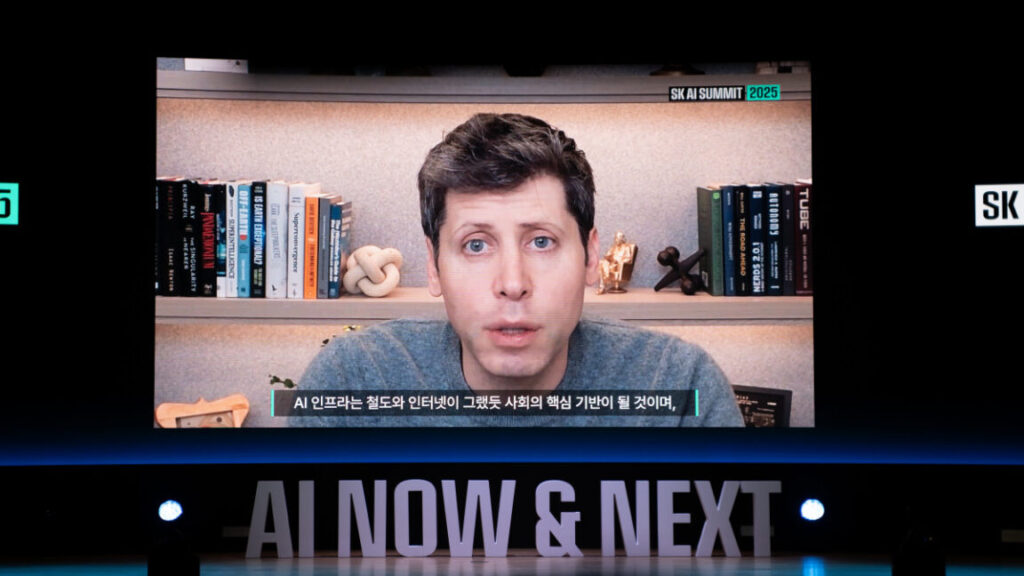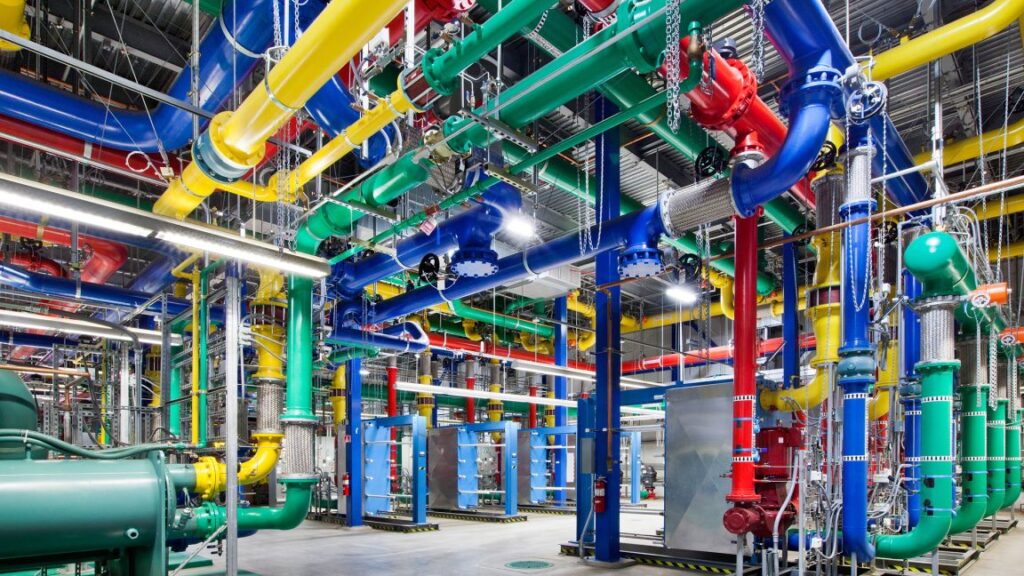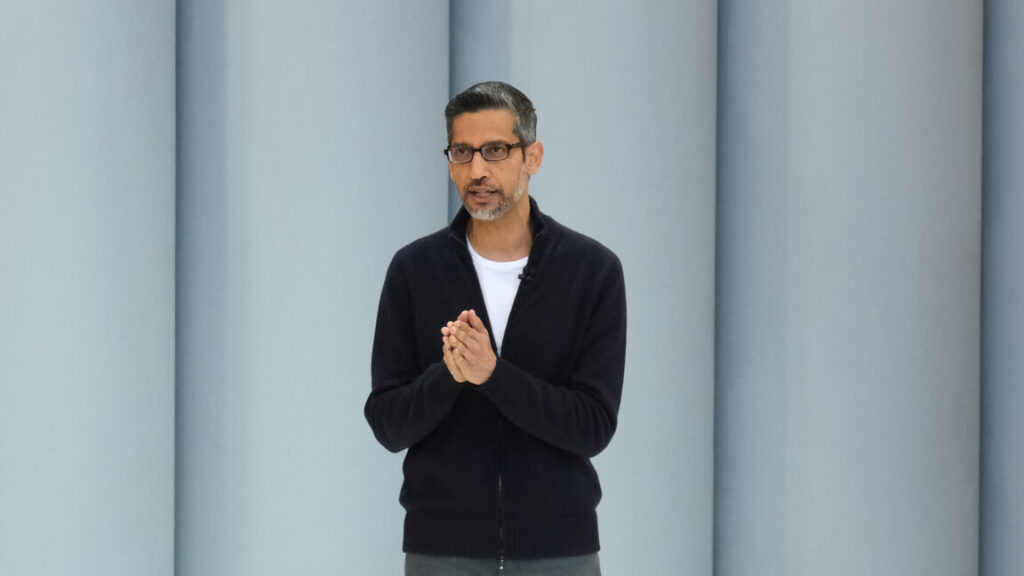OpenAI CEO declares “code red” as Gemini gains 200 million users in 3 months
In addition to buzz about Gemini on social media, Google is quickly catching up to ChatGPT in user numbers. ChatGPT has more than 800 million weekly users, according to OpenAI, while Google’s Gemini app has grown from 450 million monthly active users in July to 650 million in October, according to Business Insider.
Financial stakes run high
Not everyone views OpenAI’s “code red” as a genuine alarm. Reuters columnist Robert Cyran wrote on Tuesday that OpenAI’s announcement added “to the impression that OpenAI is trying to do too much at once with technology that still requires a great deal of development and funding.” On the same day Altman’s memo circulated, OpenAI announced an ownership stake in a Thrive Capital venture and a collaboration with Accenture. “The only thing bigger than the company’s attention deficit is its appetite for capital,” Cyran wrote.
In fact, OpenAI faces an unusual competitive disadvantage: Unlike Google, which subsidizes its AI ventures through search advertising revenue, OpenAI does not turn a profit and relies on fundraising to survive. According to The Information, the company, now valued at around $500 billion, has committed more than $1 trillion in financial obligations to cloud computing providers and chipmakers that supply the computing power needed to train and run its AI models.
But the tech industry never stands still, and things can change quickly. Altman’s memo also reportedly stated that OpenAI plans to release a new simulated reasoning model next week that may beat Gemini 3 in internal evaluations. In AI, the back-and-forth cycle of one-upmanship is expected to continue as long as the dollars keep flowing.
OpenAI CEO declares “code red” as Gemini gains 200 million users in 3 months Read More »






